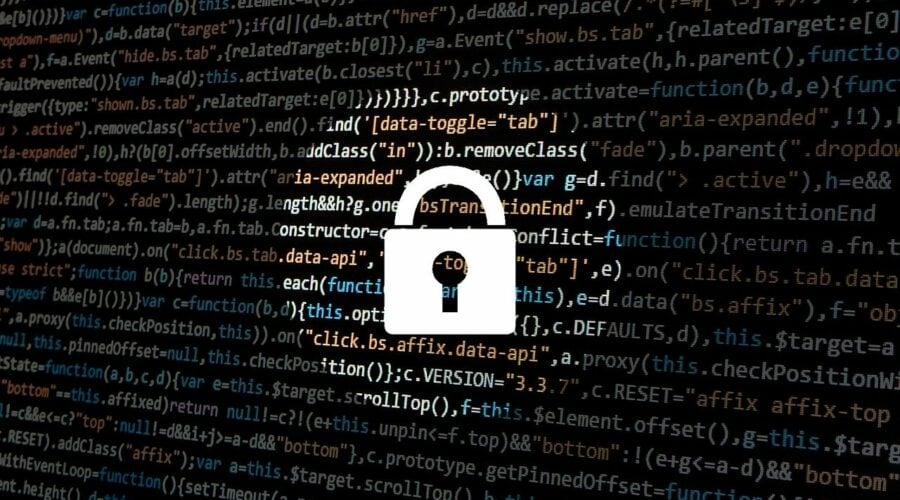
Technology is a valuable tool used for communication; however, digital communication comes with risk. Cyber criminals are becoming more sophisticated and it’s important to be aware of the threats they pose to your personal information. There are many types of cyber crime, but in this article, we will cover 4 common ones to watch out for!
Social Engineering
Social Engineers are a unique type of criminal. They use psychology to gain access to information, places, systems, data, and money. It’s often called “people-hacking”. These criminals dig for information so they can impersonate you by answering security questions on your accounts such as your mother’s maiden name or the town you were born in. Many of us have this information available on our Facebook pages.
The best way to combat social engineers is to be aware of their tactics so you can recognize them! Here are some of the methods to watch out for:
- Fear of conflict – social engineers confidently ask for personal information, and often, people comply to avoid conflict.
- Getting a deal – if it sounds too go to be true, it probably is!
- Sympathy – criminals can use sympathy in attempt to get close to you and build rapport. In the process they trick you into providing personal information.

Phishing or Spear Phishing
Phishing is a type of cyber-attack where a hacker poses as a trusted online source to capture information. More sophisticated criminals are taking it a step further and posing as someone you know (i.e. a coworker). This tactic is called spear phishing.
Tips to avoid phishing attacks:
- Never volunteer sensitive information – Criminals often pose as banks or government organizations. If someone asks for sensitive information (i.e. social security number) via email, DO NOT give them the information.
- Be suspicious of links – Cyber criminals send emails instructing you to follow a link and enter information. Do not click on an email link unless you are certain it is safe.
- Check the web address – Criminals sometimes purchase domains that look like familiar ones so they can trick unsuspecting internet users.
- Verify who you are communicating with – If you get a suspicious email that looks like it’s from a co-worker, pick up the phone and confirm if they sent it or not.
- Trust your gut! – If something seems “phishy” (pun intended) about the email, and it’s asking for information, trust your suspicion.
Social Media
Social media is a great tool when used responsibly. However, it’s easy to share things that put you at risk. Here are a few ways that your Facebook, Instagram, Snap Chat or Twitter might be putting you at risk.
- Revealing sensitive information – i.e. letting people know that you are out of town and away from your home or posting a photo of your work space that may reveal sensitive information.
- Sharing information about your identity – i.e. family members, schools you attended, or places you have lived.
- Malware – i.e. clicking on malicious links in social media posts.
Here are some ways you can combat social media threats:
- Update privacy settings so your information remains as private as possible. Most platforms allow you to choose who can see your posts, photos, etc.
- Never click on suspicious links.
- Think twice before posting! Before you post, think about what information you may be putting out there for criminals to take advantage of.

Ransomware
This is a serious type of cyber crime that is often targeted at businesses and other organizations. It can be as simple as an employee clicking on a link in a phishing email, or as complex as a hacker finding a weak spot in your computer system. Once the ransomware is installed, the hacker has complete control of your computer system, and they demand you pay a ransom to regain access.
Here are ways to avoid a ransomware situation:
- Conduct training with employees about what to look out for!
- Use the principle of least privilege – This means you only give your employees access to the things they need in order to do their job.
- Activate two-factor authentication for all computer software and online accounts. This way, a second device is needed in order to log in.
- Back up your files! If your computers are infected with ransomware, you can potentially restore your computer to a previous date, instead of paying ransom.
While there isn’t a sure-fire way to prevent all cyber-attacks, but we hope these tips will help you be more aware of these threats! Explore our blog to learn more about managing your risks!
Further Reading
What to do after a Workers’ Comp claim
Adam Guerrant, an insurance professional from Bitner Henry Insurance Group, shares his expertise on workers compensation claims. With over 20 years...

Preparing for the Fall and Winter Virus Season
During the fall and winter months, respiratory viruses tend to spread more widely. Before the COVID-19 pandemic, influenza (flu) and respiratory...
